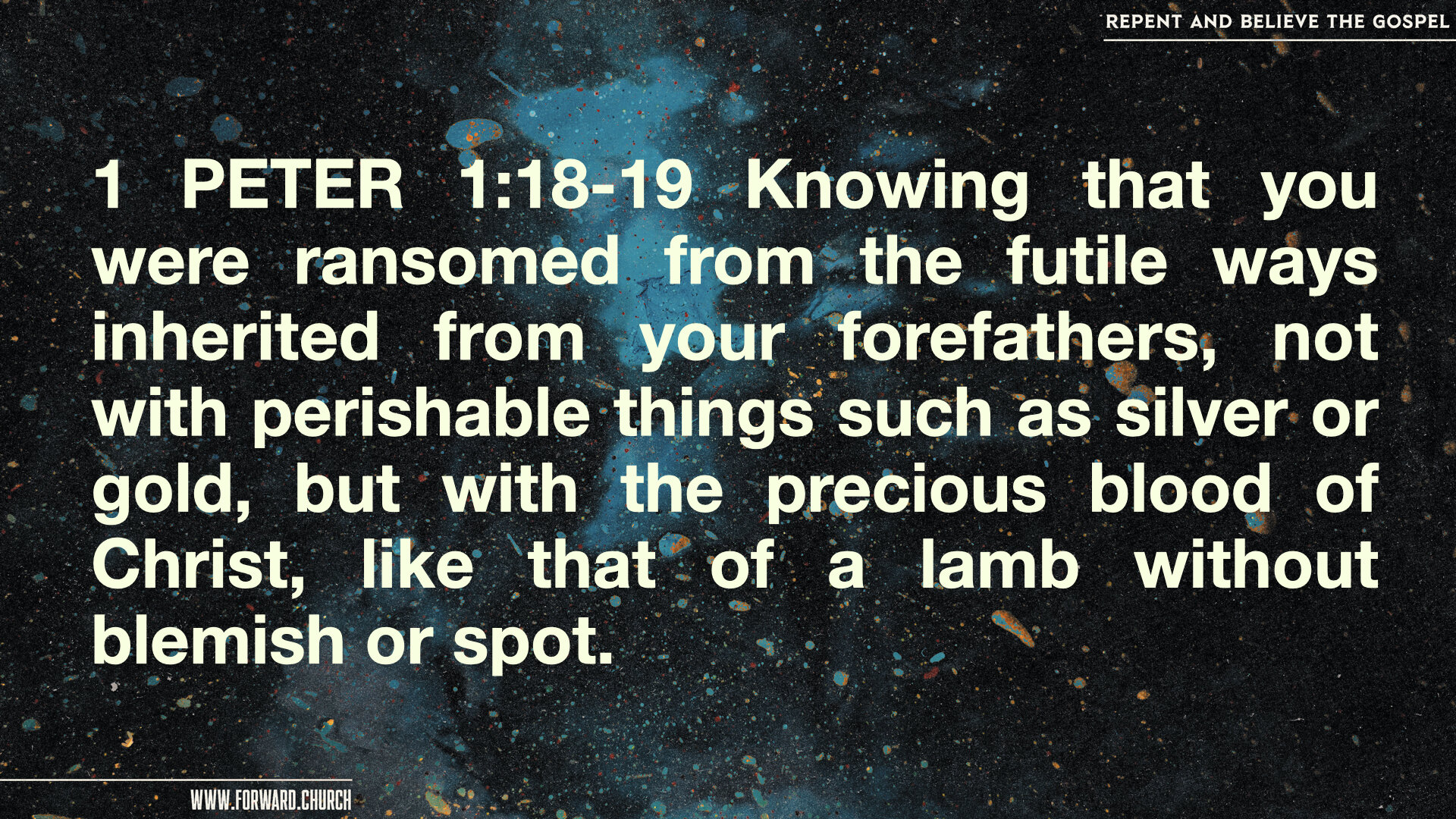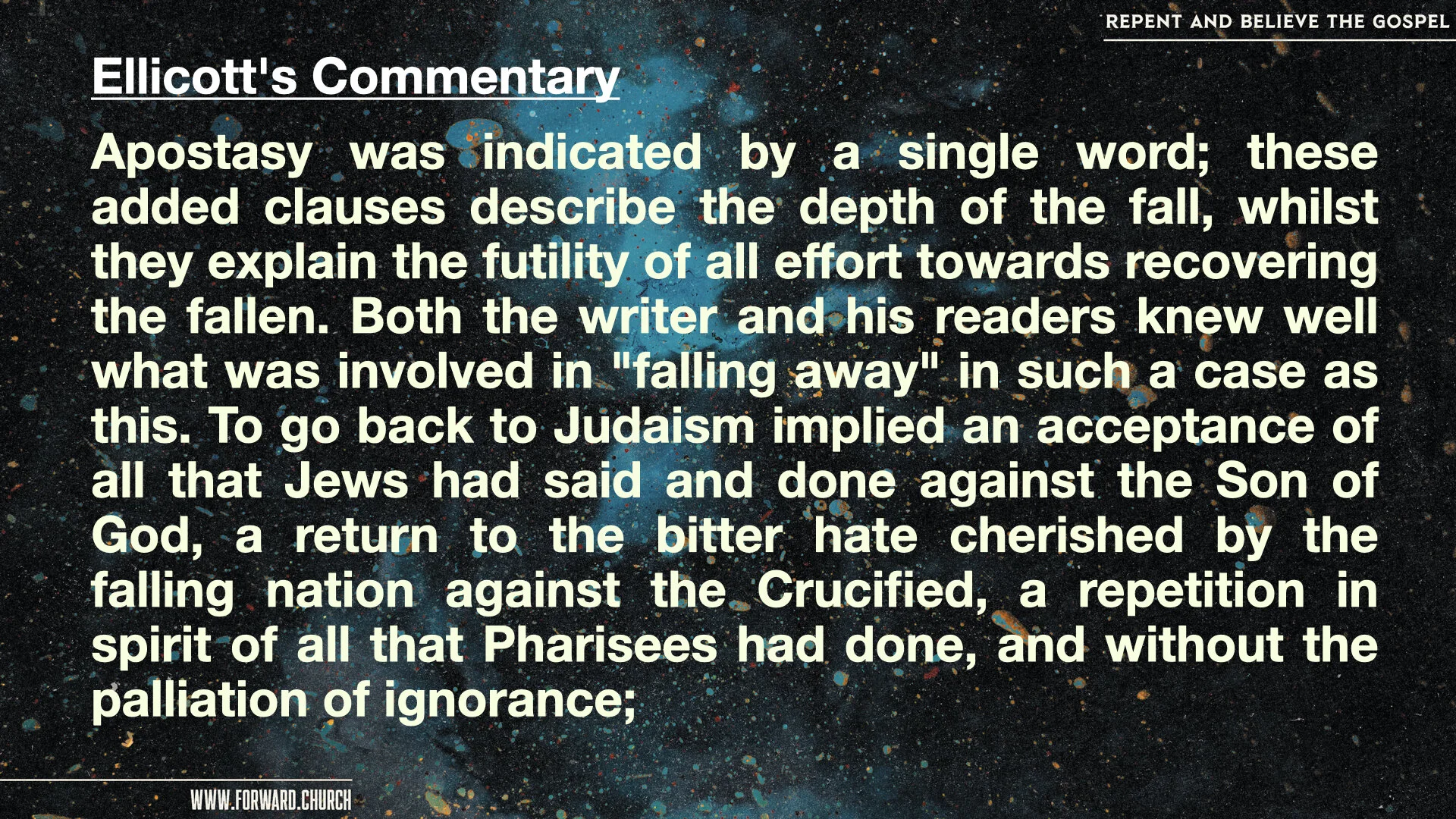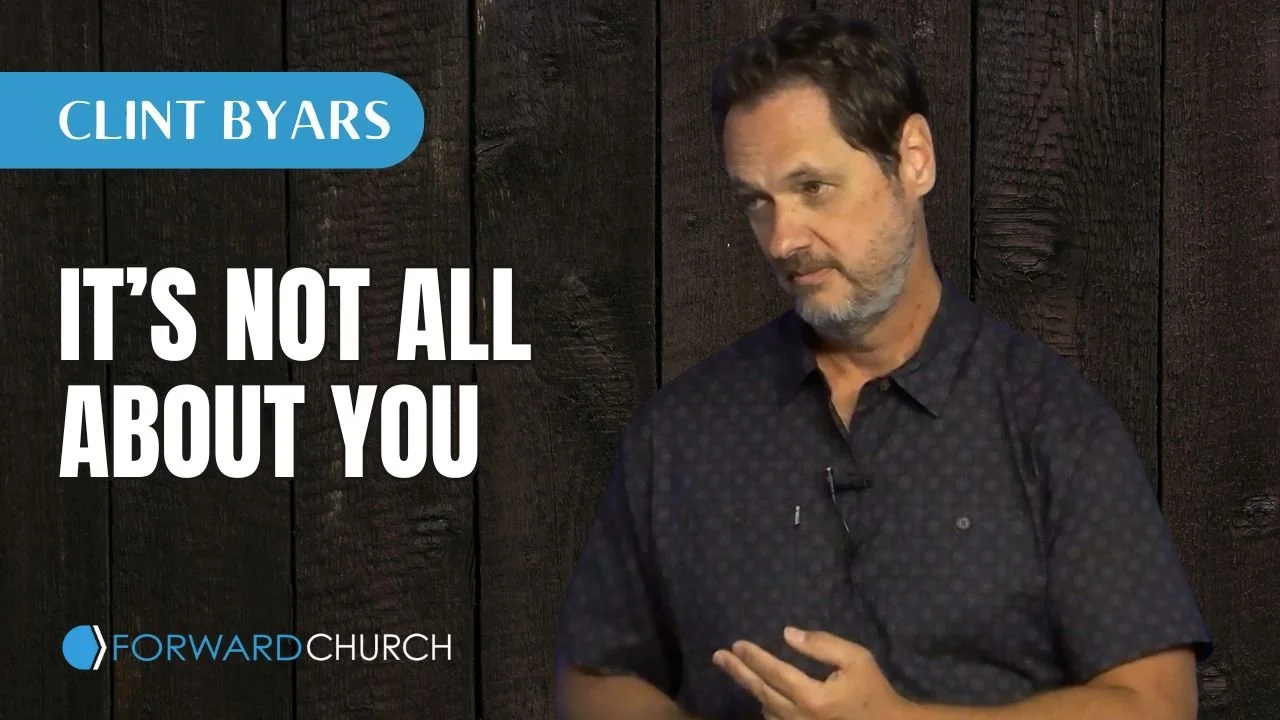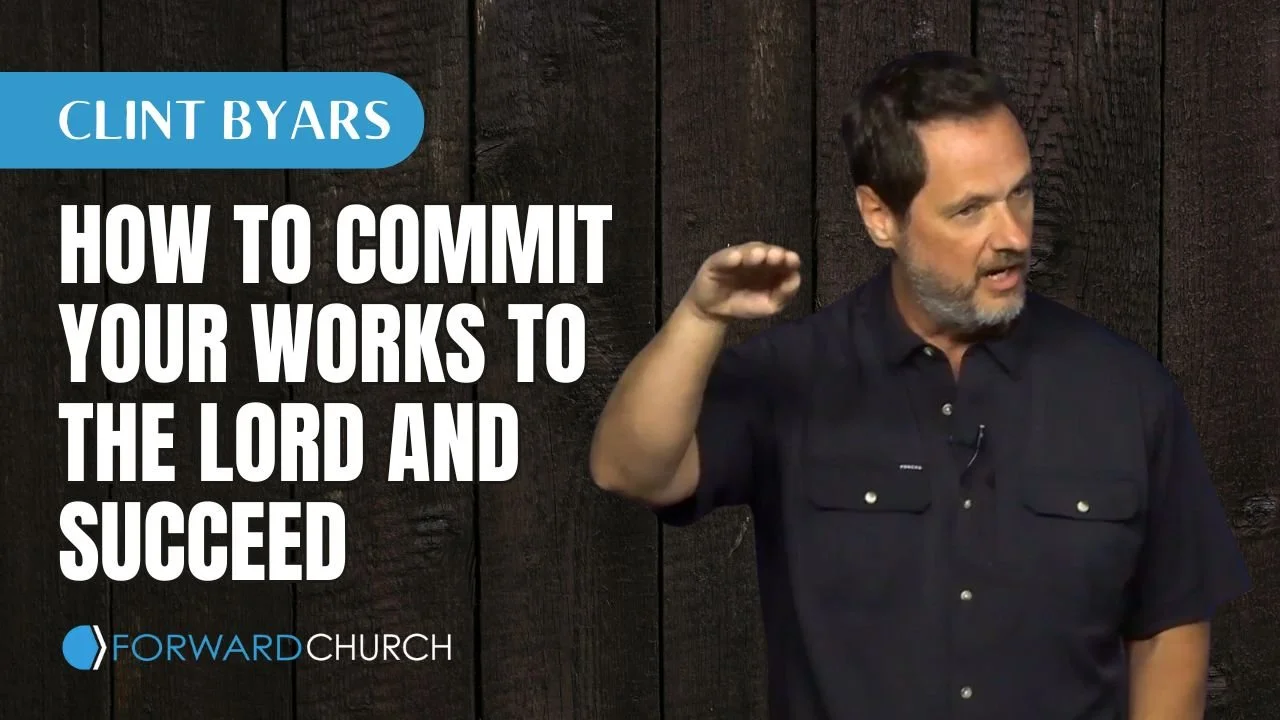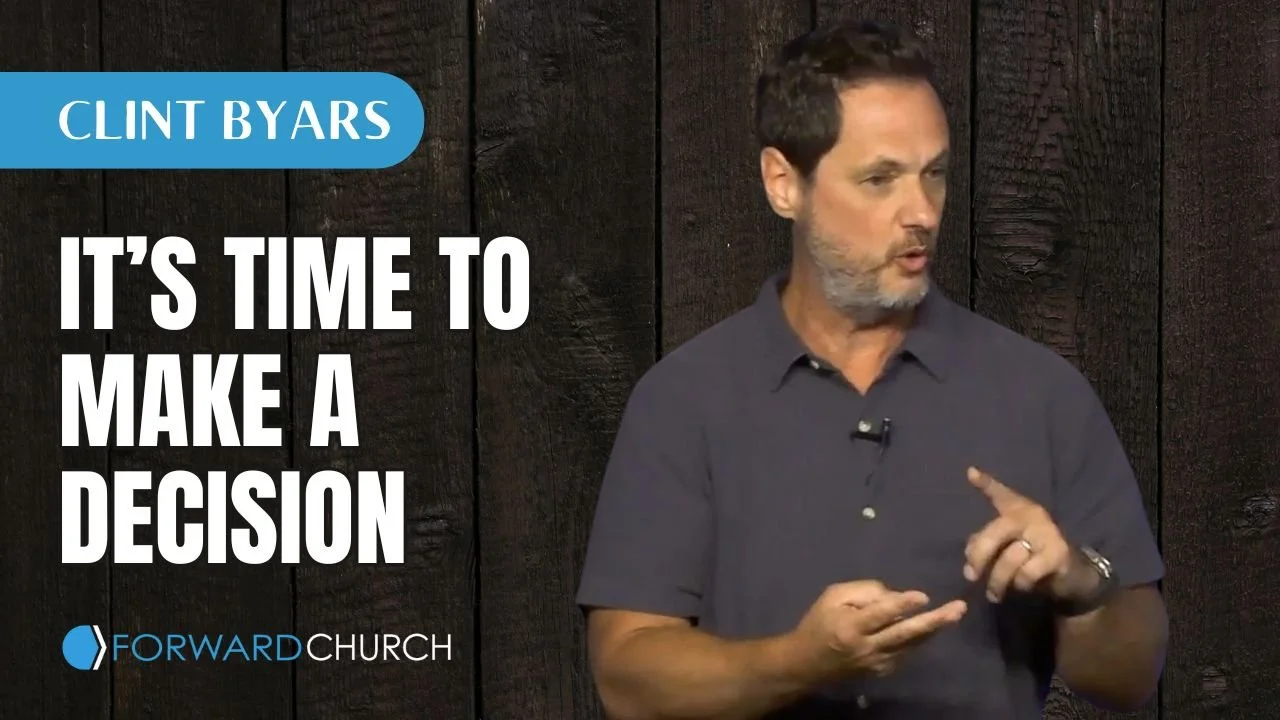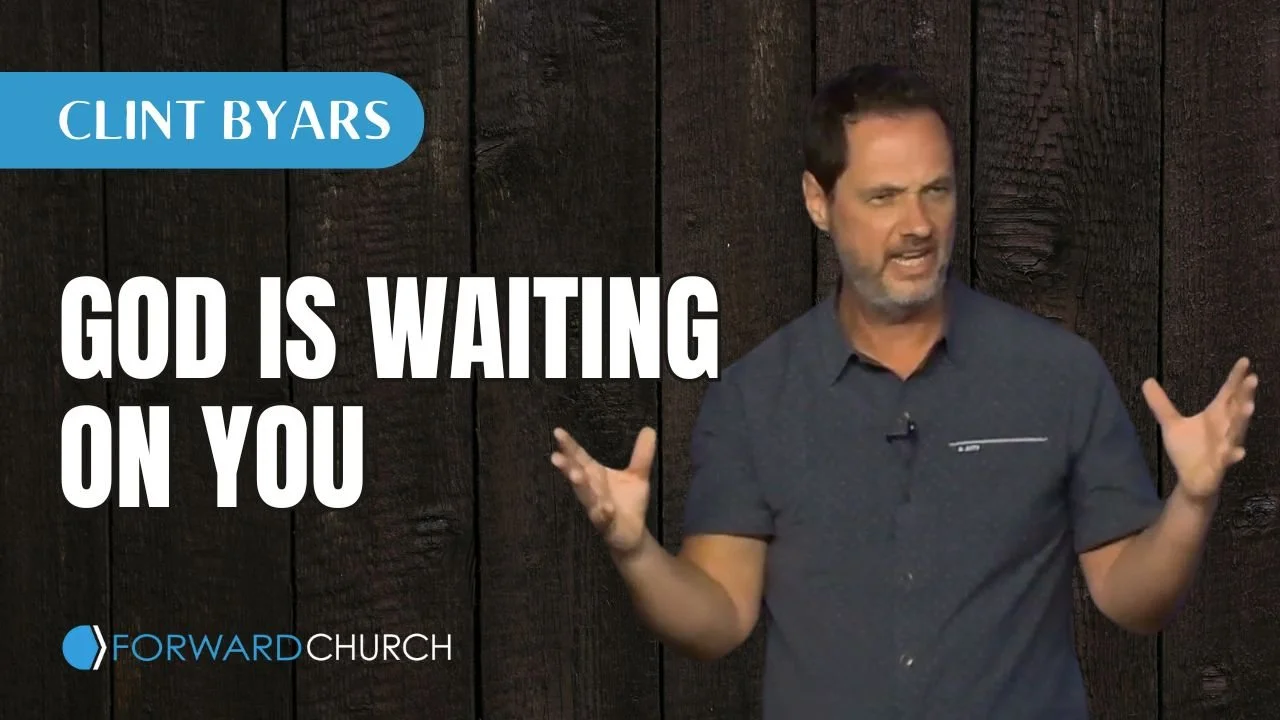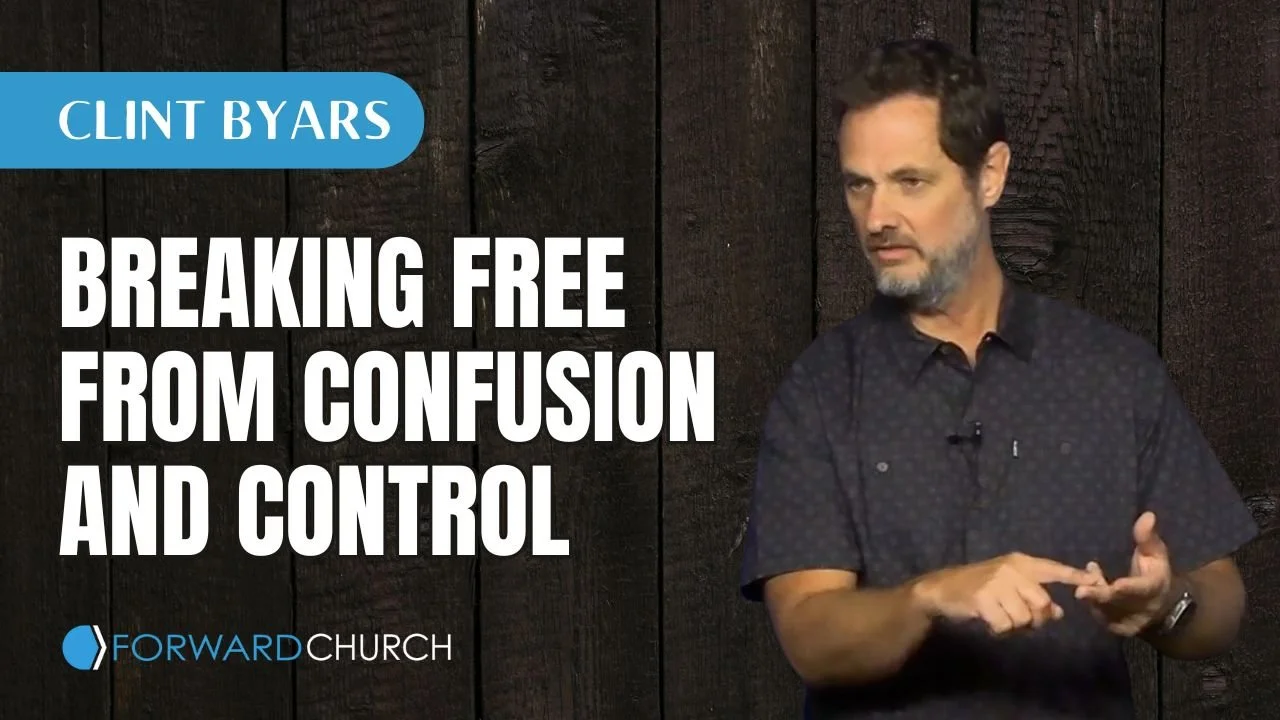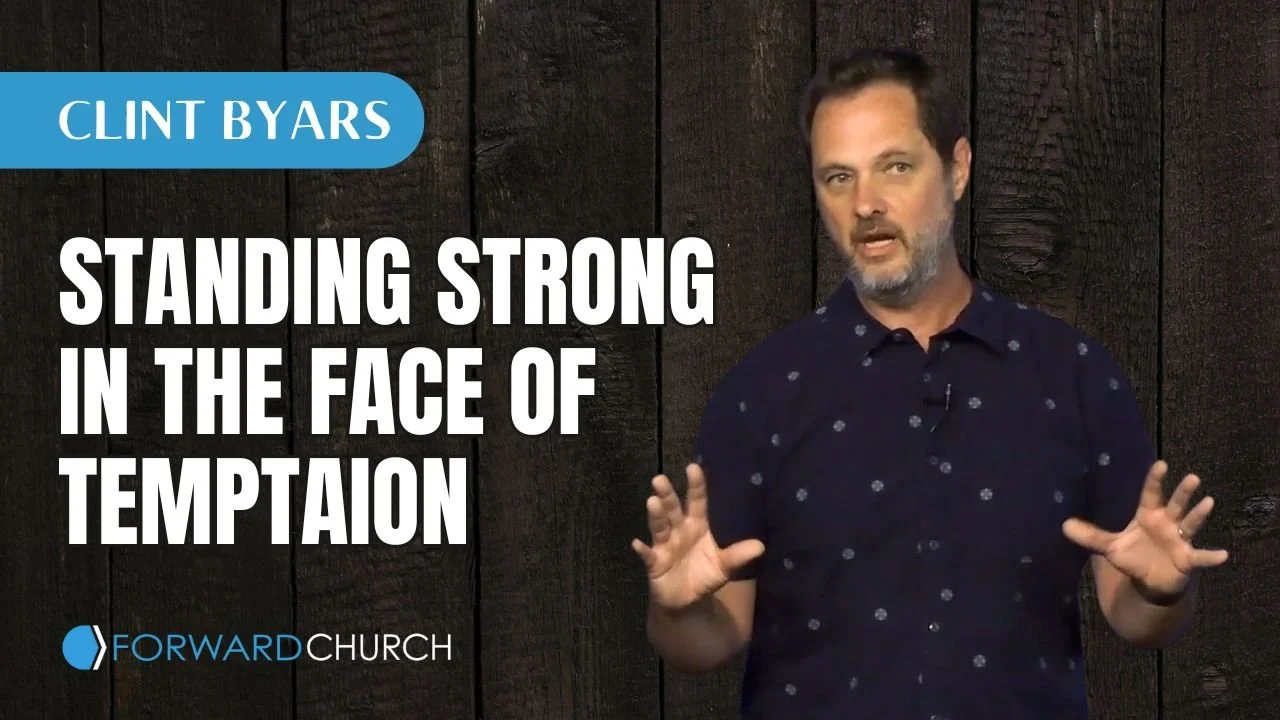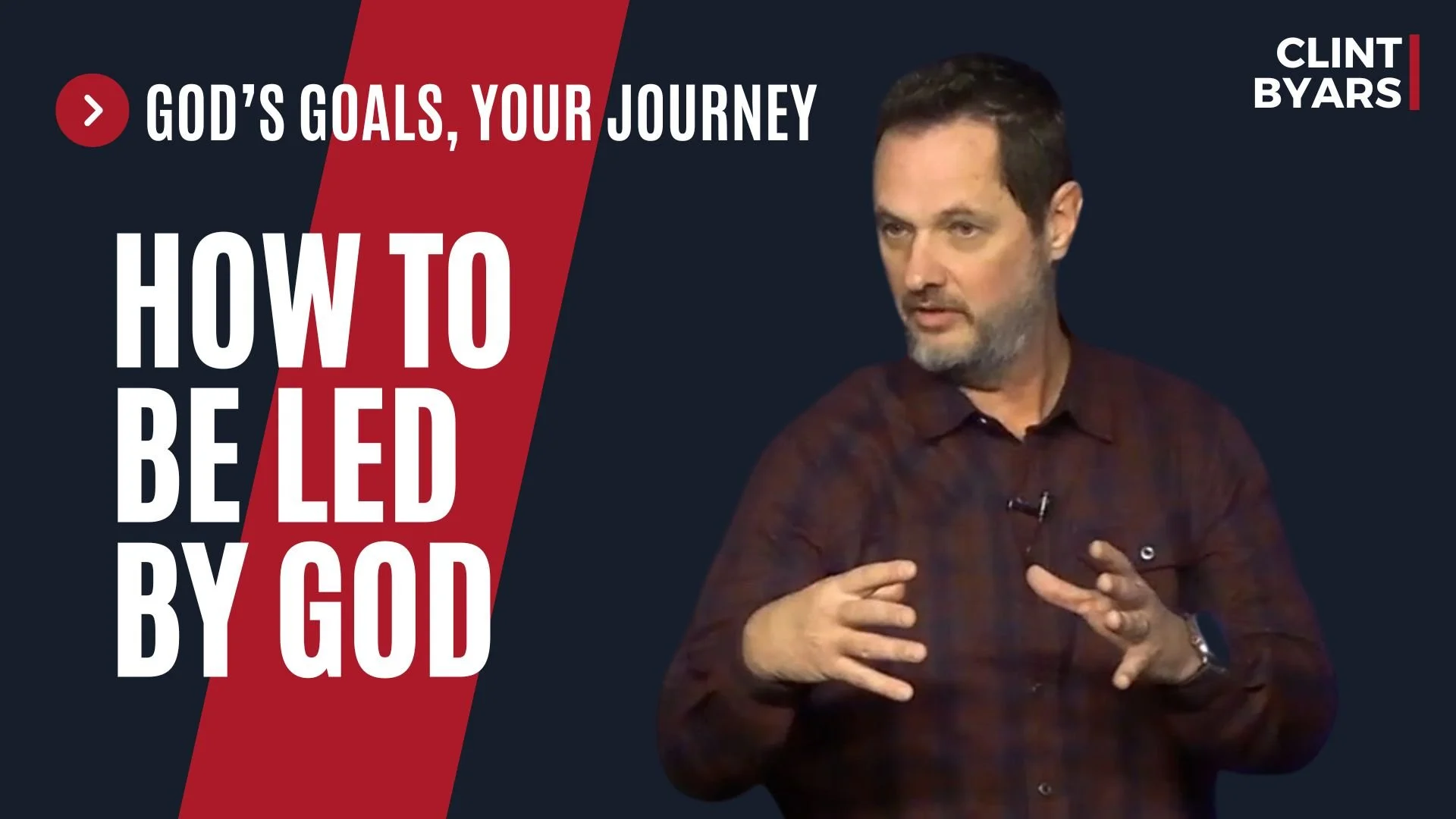God wants to save people, He is not looking for a reason to reject people. He is not looking for a reason to reject you. He did everything He could to remove the things He had against you in the sacrifice of Christ, to make life with Him secure by faith rather than works.
BUT
He does seem to give us a warning in Hebrews. I’ll cut to the chase, the warning is; don’t reject Jesus and go back to Old Covenant sacrifices. Yes, that’s the “willful sin” the author of Hebrews warns about, rejecting Jesus and trusting in the blood of goats and bulls rather than Christ.
Now, you don’t have a temple to take your goat to, but you do have your dead works that you think make you clean again with God (more on this in the sermon). Jesus’ lifeblood cleanses you, and God’s circumcision of your old nature makes you new. That alone is your righteousness and your removal of sin.
Can You Lose Your Salvation?
I recommend watching the sermon above for a much more detailed explanation, but the short answer is this; you didn’t earn your salvation through works, you can’t lose it through works. And it’s not your works that keep you saved. The lifeblood of Jesus and His finished work on the cross save you and keep you saved. Period, end of story.
But some passages need to be addressed, such as Hebrews 10:26 For if we sin willfully after we have received the knowledge of the truth, there no longer remains a sacrifice for sins, 27 but a certain fearful expectation of judgment, and fiery indignation which will devour the adversaries.
What do we do with this passage? We put it in the proper context.
Apostasy was indicated by a single word; these added clauses describe the depth of the fall, whilst they explain the futility of all effort towards recovering the fallen. Both the writer and his readers knew well what was involved in "falling away" in such a case as this. To go back to Judaism implied an acceptance of all that Jews had said and done against the Son of God, a return to the bitter hate cherished by the falling nation against the Crucified, a repetition in spirit of all that Pharisees had done, and without the palliation of ignorance; for the highest evidence for Christianity--that of true and deep Christian experience--had been given to them. Again, the words used clearly describe a continuing state. Not the punishment for a past act, but the hopelessness of an existing state, is brought before us here. It is therefore of those who, with a distinct conviction of the divine mission of Jesus, have deliberately joined His foes, unite in denouncing Him as a "deceiver" (Matthew 27:63), rejoice in His shame, and thus "for themselves crucify a second time the Son of God," that the writer says, "It is impossible to renew them again unto repentance."
from Ellicott’s Commentary
The author of Hebrews is speaking to a persecuted church. Some of them were wary of the persecution and questioned the true identity of Jesus. Many of them chose to reject Jesus and resume animal sacrifice for the atoning of their sin. Imagine that you go to God will a dead goat and say, “this is my righteousness. I reject the blood of Jesus and choose to bring you the blood of this goat as my righteousness.” Doing that is like unjustly crucifying the Lord again.
That’s the warning in Hebrews 6 and 10. Continue trusting in Jesus rather than rejecting him and going back to Old Covenant sacrifices. It’s actually straightforward to understand, but some preachers love to scare people out of sin, so they misinterpret what’s being said.
Please watch the full sermon for much more on this topic.





















